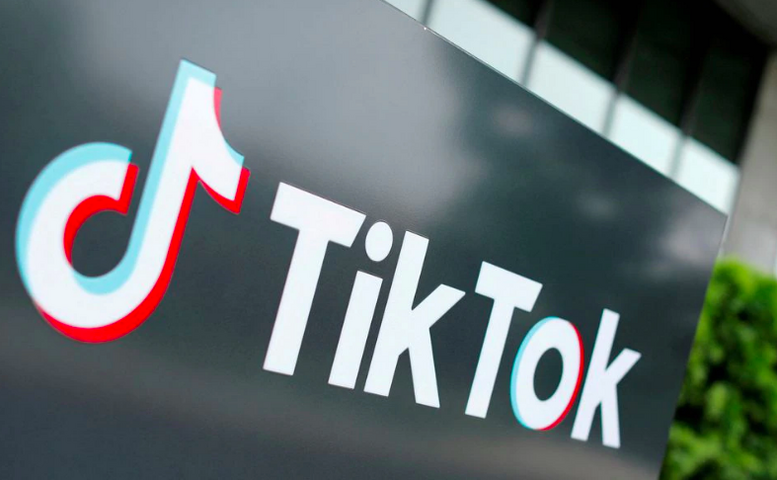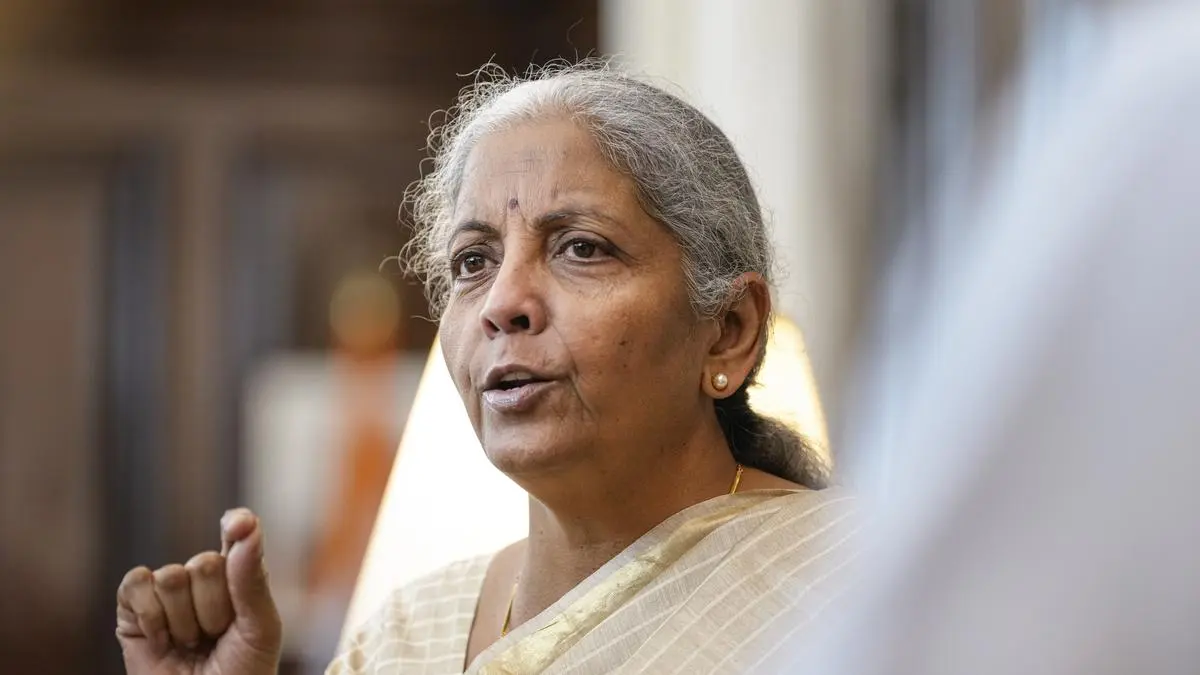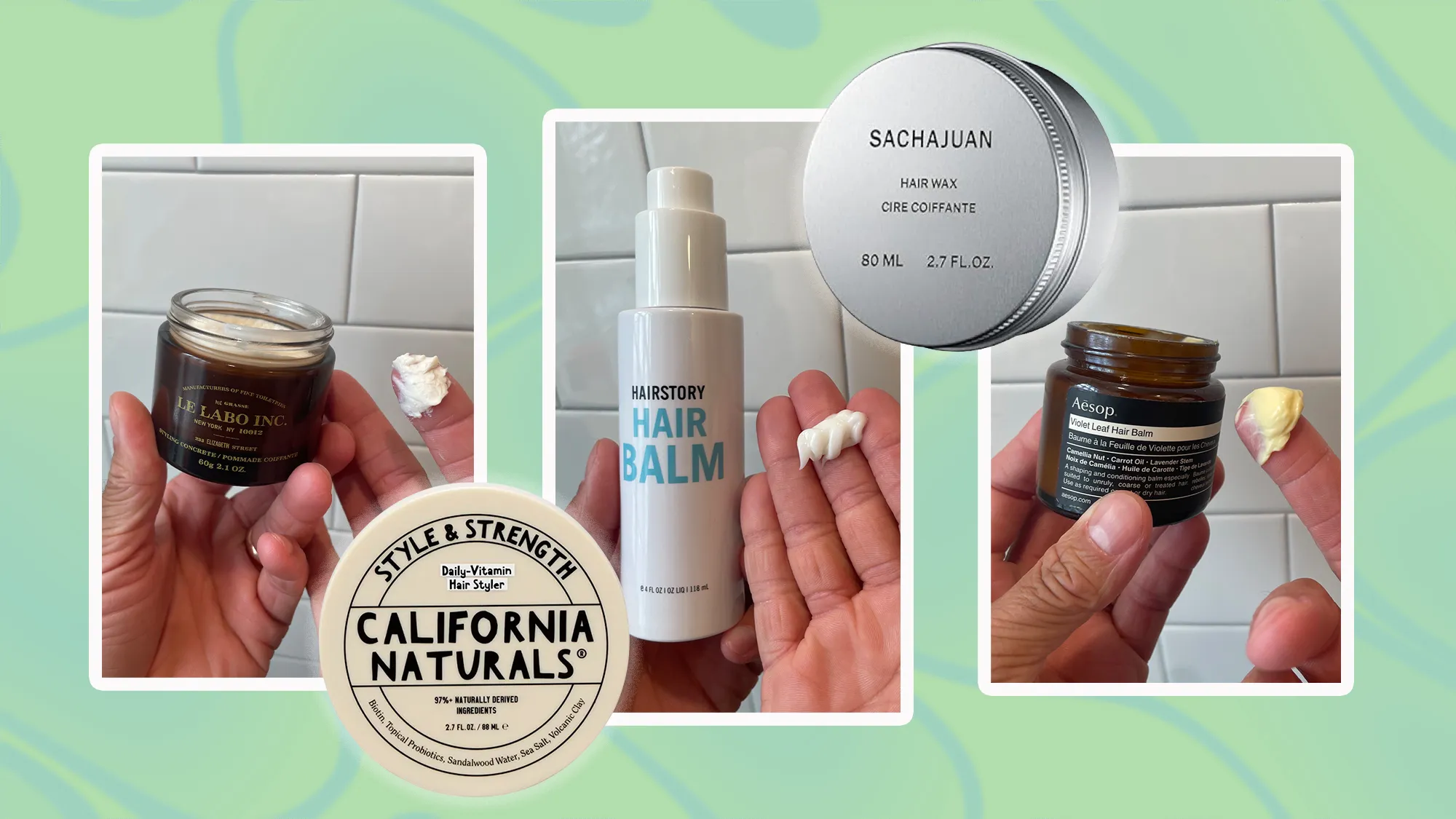By Reuters
Copyright brecorder

MADRID: The United States and China have reached a framework agreement to switch short-video app TikTok to US-controlled ownership, top US officials said on Monday, with President Donald Trump set to speak with Chinese President Xi Jinping on Friday.
US Treasury Secretary Scott Bessent and US Trade Representative Jamieson Greer announced the agreement after a meeting between senior US and Chinese officials in Madrid, but declined to give any of the commercial terms of the agreement.
Bessent told reporters that further details would wait to be determined in a call on Friday between Trump and Xi.
Trump said on Monday that trade talks with China had gone very well and hinted that a deal had been reached to resolve issues the US has over TikTok ownership.
“The big Trade Meeting in Europe between The United States of America, and China, has gone VERY WELL! It will be concluding shortly,” Trump wrote on his TruthSocial platform.
“A deal was also reached on a “certain” company that young people in our Country very much wanted to save. They will be very happy! I will be speaking to President Xi on Friday. The relationship remains a very strong one!!!”
Earlier on Monday a US official with knowledge of the negotiations had said that the US would press ahead with a ban on TikTok if China didn’t drop its demands for reduced tariffs and technological restrictions as part of a divestiture deal.
US and China delegations met to discuss the divestment from TikTok by Chinese owner Bytedance as part of a round of broader talks on tariffs and economic policy taking place in Madrid. TikTok faces being shut down as early as September 17 in the US unless it moves to US ownership.
Speaking to reporters earlier, Bessent and Greer said China wanted concessions on trade and technology in exchange for agreeing to divest from the popular social media app.
“Our Chinese counterparts have come with a very aggressive ask,” Bessent said, adding: “We are not willing to sacrifice national security for a social media app.”



